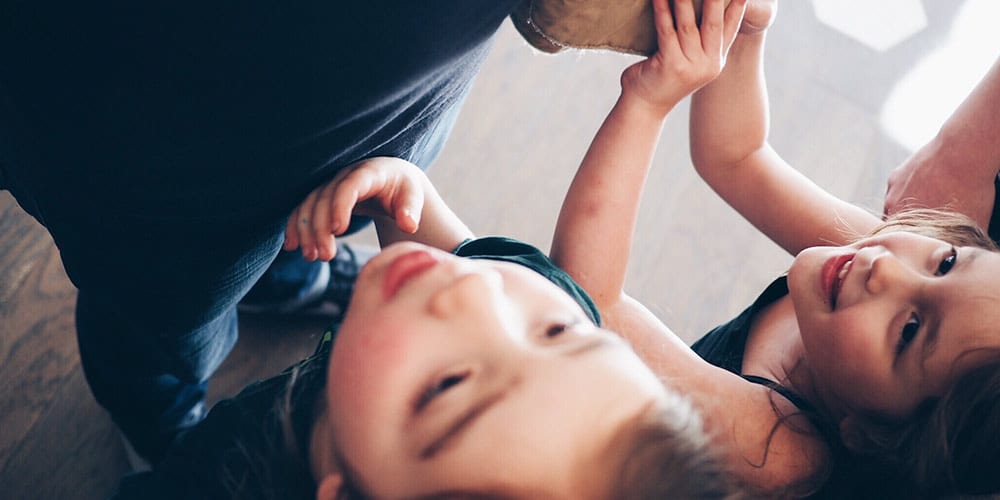Our family loves watching sports…especially football and basketball. My three boys are always trying to keep up with the big name players and coaches and cheer on their favorite teams to the playoffs. But one of the unsettling trends that we’ve begun to notice when watching these programs is that the television networks just “happen” to regularly play muted playbacks of coaches’ and players’ responses that include clearly identifiable profanities. Things that if not muted, would not otherwise be allowed on prime-time television. Sadly, my boys are the ones who recognize it when it happens, and ask me “Dad, why do they do that?”. I wish I had a good, reasonable answer for them.
We live in a culture that is saturated with obscenities and profanities. It is a rare occasion that you can watch many movies without there being multiple profanities or misuses of God’s name. Sadly, this has simply become the norm in our society. But thankfully, it does not have to become the norm in our homes. However, it will happen in most families at some time or another – a child curses for the first time. And when it does, what is a parent to do? Here are some practical steps to consider:
1. Recognize the influences.
Don’t overreact (even though that may be your tendency), but rather take some time to evaluate where this new and colorful language may have come from. This past fall, when our youngest son was playing junior league football, there was a kid on his team who was constantly cussing during practice and games. When my wife confronted the coach, she introduced herself as ‘Shane’s mom’, to which the coach said, “Oh man, Shane’s one of the best $%@?& players we’ve got on our team.” When my wife addressed the issue of the player who was cursing, he responded, “Sorry, that’s my son. I’ll have a talk with him.” For obvious reasons, this did not come as a surprise to my wife. Every child is to a certain extent the product of their environment, and this includes bad language. Whether children are being influenced by what they hear at home, school, in the neighborhood, they are being influenced. And it is our responsibility as parents to first recognize these influences and then take responsibility for them. Once we have done that, we need to…
2. Set some boundaries.
A wise parent should know who their children are spending time with, what they are watching, and how they are being influenced on a daily basis. This requires some work and intentionality, but also that there be clear rules expressed and boundaries enforced. Children naturally do not like boundaries, although they definitely need them. Your child will not always understand why they can’t watch that show or go to that friend’s house, but that’s okay. When your child starts to cuss, or you recognize some potentially dangerous influences, take action, and put some common sense boundaries in place. This may be as simple as limiting their time with certain friends or paying more attention to their entertainment choices. Ultimately, your #1 goal needs to be to…
3. Guard their heart.
Your child’s heart is like a deep well, and what’s in the well is going to come up in the bucket. Your child’s heart is one of their most valuable possessions in life because it is the direction of their heart that will determine the direction of their future. This requires that we protect their heart by protecting what we allow to influence it. As a parent, you are the protective filter to your child’s heart. Nothing of major influence in their life should get past you without your knowledge and approval, whether that’s friends, entertainment, or anything else. So if your child starts cussing, it is simply a warning of influence, and more importantly, a deeper issue, that needs to be addressed.
Remember, the first time your child cusses, don’t go off on them. Because most often children cuss for the first time unintentionally or out of a desire for peer acceptance. So instead, stop, think, and intentionally use it as a teachable moment to discuss with your child where it came from and the reasons why it is not acceptable behavior in your family. Make your expectations clear as you move forward. And reassure them of your love and commitment to help guard their heart. They may not thank you for it now, but they will someday.
Sound off: In what ways could you better guard your child’s heart (whether they have started cussing or not)?











Huddle up with your kids and ask, “What do you think has the most influence on the words you use?”